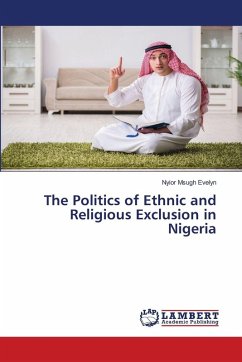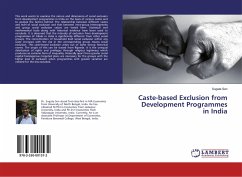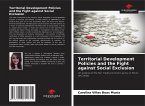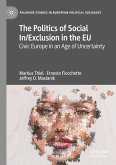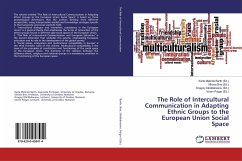This book examines the politics of ethnic and religious exclusion in Nigeria, focusing on how these dynamics shape governance, social cohesion, and access to public services. The objective is to identify the key drivers and consequences of exclusion based on ethnicity and religion within Nigeria's political landscape. Employing a qualitative approach through literature review and stakeholder engagement, the study draws on theories of social exclusion, identity politics, and governance. Findings reveal that over-centralization of power, competition for resources, institutional biases, and socio-cultural stereotypes perpetuate exclusion at multiple levels-macro (state), meso (institutions), and micro (individual). This exclusion fuels inter-group mistrust, political marginalization, and violent conflicts, undermining national integration and democratic governance. The study concludes that ethnic and religious exclusion remains a significant barrier to inclusive development and political stability in Nigeria. It recommends decentralization, equitable resource distribution, enforcement of anti-discrimination policies, and promotion of inter-ethnic and inter-religious dialogue.
Bitte wählen Sie Ihr Anliegen aus.
Rechnungen
Retourenschein anfordern
Bestellstatus
Storno

